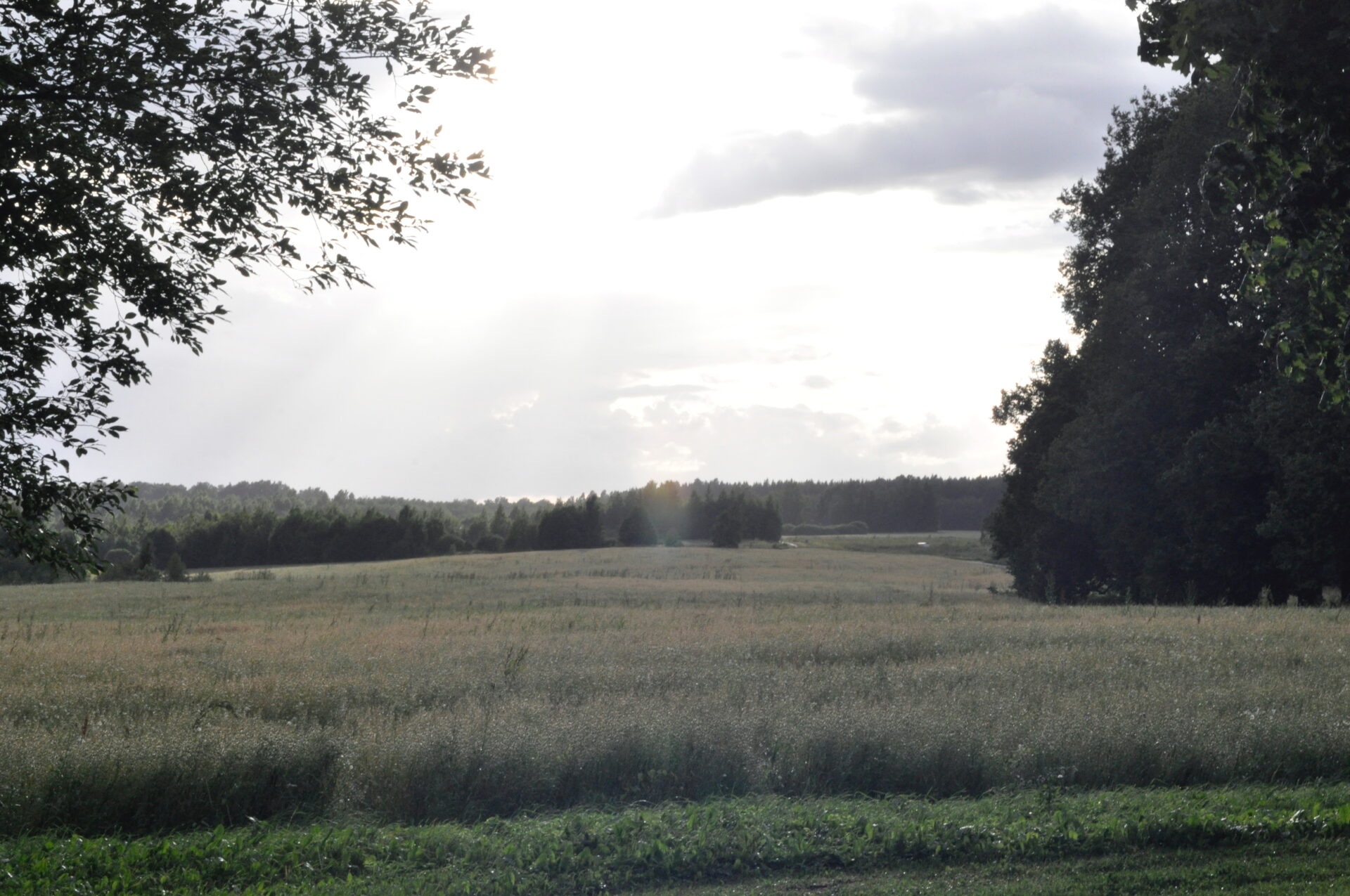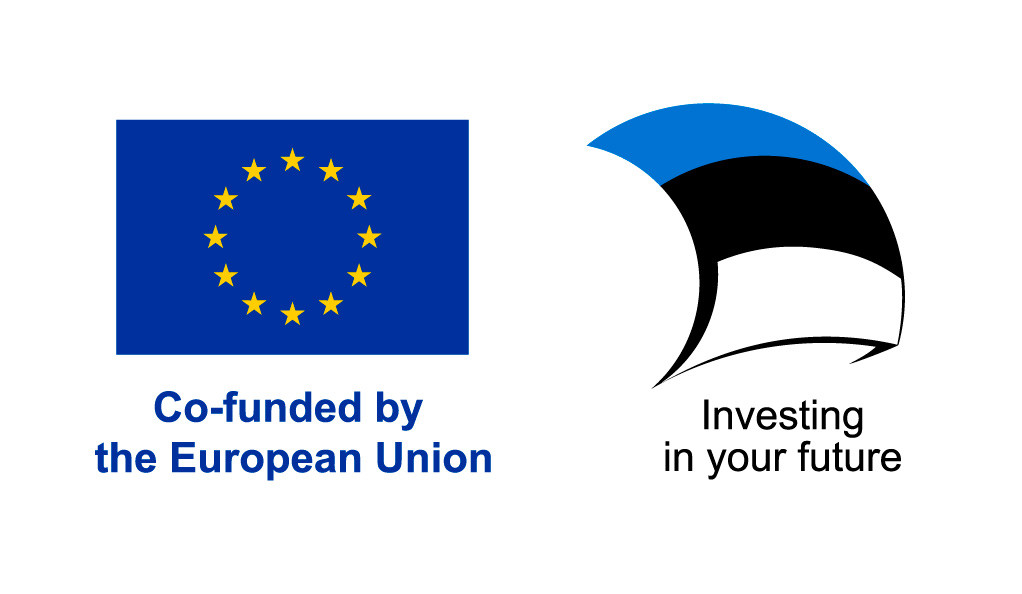- Home
- Circulars
- Programme
- Programme scheme
- Plenary talks
- Book of Abstracts
- List of symposia
- Symposium A.1: Power imbalance and hierarchies in Finno-Ugric studies
- Symposium A.2: Shifting and competing ideologies in minority language development and language maintenance
- Round-table: Finno-Ugric Studies meeting the People
- Symposium B.1: Prehistoric lexical layers in Saami and Finnic
- Symposium B.2: Perspectives on Saami with a particular focus on the smaller languages
- Symposium B.3: South Estonian within and beyond Uralic studies
- Symposium B.4: The size of Uralic nominals
- Symposium B.5: Verbalization of motion events in Uralic
- Symposium B.6: Grammatical Subjects and Objects in Uralic
- Symposium B.7: Clause combining in Uralic languages
- Symposium B.8: Epistemic categories in Uralic and beyond
- Symposium B.9: Discourse particles in the Uralic languages
- Symposium B.10: Marginal phonemes
- Symposium B.11: Prosody of Uralic languages
- Symposium B.12: Building diachronic corpora for minority languages
- Symposium C.1: Reappraising Public Representations of Finno-Ugric Identities
- Symposium C.2: The Possibilities of Studying Finno-Ugric Religions in a Changing World
- Symposium C.3: The winter in Finno-Ugric cultures
- Symposium C.4: Traditional Creation and Modern Experience in Folk Music Revival
- Symposium D.1: Transdisciplinary approach in the studies of the human past
- List of accepted papers
- Receptions
- Book presentations
- Venues
- Excursions
- Guided city walks
- Guided tour through the Estonian Literary Museum
- Introducing the University of Tartu Archives of Estonian Dialects and Kindred Languages (FULLY BOOKED)
- Excursion to Setomaa (FULLY BOOKED)
- Barge trip on the river Emajõgi (FULLY BOOKED)
- Guided tour to the Tartu KGB Cells Museum (CANCELLED)
- Guided tour to the A. le Coq Beer Museum
- Practical information
- About CIFU
- Appeal for South Estonian
- Gallery

Congressus XIV Internationalis Fenno-Ugristarum
Symposium B.3: South Estonian within and beyond Uralic studies
Organizer: Tobias Weber
While the term “South Estonian” has been used to refer to various historical and present-day varieties of the synonymous macro-language, the necessity for a multifaceted treatment of the languages of Estonia is not questioned in academic circles anymore. Yet, South Estonian varieties are still occasionally treated under the umbrella of an Estonian language (as “dialects”), or South Estonian as a sub-standard variety of Estonian despite ongoing standardisation efforts for multiple language forms. Understanding the concept of “South Estonian” broadly in all of its possible meanings, this workshop invites papers for a reflexive and (self-)critical discussion of how we research South Estonian and its varieties, current research trends, and opportunities for further development. Emphasis will be put on the shift of perspectives: dealing with South Estonian within Estonian linguistics, in comparison to other Finnic or Uralic languages, and beyond the language family (possibly including areal, typological, sociohistorical, or political ties). Each positioning of South Estonian bears an underlying concept of what South Estonian is – a dialect, a language, an areal typological concept – and, thereby, a positioning of academia vis-à-vis the political and social realities faced by speakers, language workers, and activists.
The range of possible topics should address one or more of the following core questions, yet without restricting submissions to these topics:
- How can South Estonian be conceptualised within Uralic studies and within general linguistic circles?
- How is the concept of languagehood applied to South Estonian and which consequences does this designation have within South Estonian, Finnic/Uralic linguistics, and beyond?
- How does the inclusion or omission of South Estonian alter scientific discovery?
- How politically engaged should research into South Estonian be, and which topics require urgent investigation from the perspective of the communities?
These topics aim to give a forum to researchers of all career steps and disciplinary backgrounds to exchange thoughts on current issues in South Estonian linguistics, language policy, and language maintenance. Language workers and activists are also invited to report or supply internal perspectives from the communities. With a broad discussion on the academic perspectives on South Estonian, a framework for the “discipline” of South Estonian linguistics can be created, supported by the envisioned publication of workshop proceedings. As similar workshops and conferences have been held for other minoritised languages in Europe (Occitan, Frisian, Luxembourgish), a strong academic voice representing a discipline can support external ties to other small philologies and linguistic communities, and support students of Uralic studies and beyond to get involved in the study of South Estonian as an individual language.
Consideration will be given to all papers that approach the core questions outlined above with priority given to those papers that enable broader perspectives on the position and role of South Estonian within the academic landscape, as well as those bridging the divide between linguistic considerations, meta-scientific reflections, and real-world applications. Depending on the overall number of submissions, further papers dealing with the linguistic description of particular phenomena or the sociopolitical situation of South Estonian in respect to other Uralic languages and/or beyond the confines of the language family will be included in the programme and/or invited for submission to the proceedings.
In order to increase the opportunities for interaction and to enable non-native speakers to participate in the symposium, the oral presentation and/or slides should be in English. Should you need special dispensation to present in a different language, please indicate the planned language of the presentation upon submission.
Contact person: Tobias Weber t.weber@ub.uni-frankfurt.de



